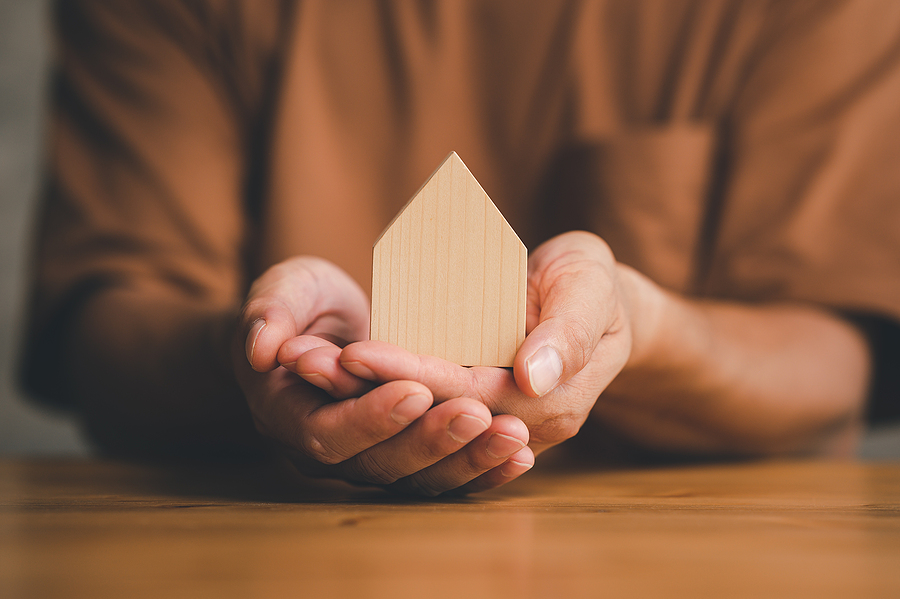Now that the average price of a house in the United States exceeds $374,000, understanding the residential escrow process is important. Most people know that you’ll need to know how much you can afford, have a steady income, and have good credit. But many homeowners are surprised by the escrow process they’ll go through when buying a house. Here is an overview of understanding the residential escrow process so that you’re well prepared for this crucial step in your home-buying journey.
List of Contents
What is an escrow?
An escrow is a legal arrangement to ensure that the buyer and seller of a property are protected during home transactions. Money exchanged between the buyer and seller is placed in an escrow account to ensure that the funds are safe no matter what happens. Simply put, escrow is a legal process that ensures the buyer and the seller of a home make good on their obligations to one another.
Why do I need to close on my home in escrow?
Let’s say you find a house, put in an offer for it, and the seller accepts your offer. You then need to provide an earnest money deposit upfront before your lender can give you a loan for the total amount of the purchase price of the home (as well as any other fees associated with the transaction). What happens with this money? If you get your loan, it goes toward purchasing your home. But if something goes wrong and you don’t get approved for a mortgage or if there’s some other issue preventing closing on time, then the money will be put back into escrow until things are resolved—meaning it won’t go back into your pocket automatically.
How does the purchase price get determined at the close of escrow?
The purchase price includes the market value of the home and any closing costs and other fees, such as commission for the real estate agent, prepaid interest on a mortgage or loan, or homeowner’s association dues if applicable. An independent appraiser is needed to determine the purchase price. In this case, there will be additional fees associated with having an appraiser involved in setting the purchase price. In addition, inspections are done while in escrow and have an expiration date. Suppose an inspection is done on the home, and the home shows to have significant foundation issues. In that case, the buyer can back out without any financial obligation as long as the contingency date has not expired. The escrow process protects these circumstances in the event they do come up.
What happens after you close your home in escrow?
It becomes yours when you close on your home, but the escrow process is not finished. It will continue for a few days or weeks after closing. Escrow is when a third party holds all the money and documents needed to transfer your property from one owner to another. The money and documentation exchange hands until both parties are satisfied that everything is in order.
The escrow process has an escrow officer who oversees the transaction. They ensure that the contract between buyer and seller is fulfilled, funds are transferred correctly, and any contingencies specified in the contract are met before they release the funds to the seller.
Once escrow concludes, funds are released from escrow to either buyer or seller depending on who had more contingencies met during escrow—or if no contingencies were met at all. The final step of this process is to turn over the deed to new owners once all of their contingencies have been completed during escrow.
Have More Questions About Escrow?
Give us a call at Bay Area Escrow by dialing (925) 831-9099, or send an email using this link. Our friendly team is happy to answer any questions you have.

